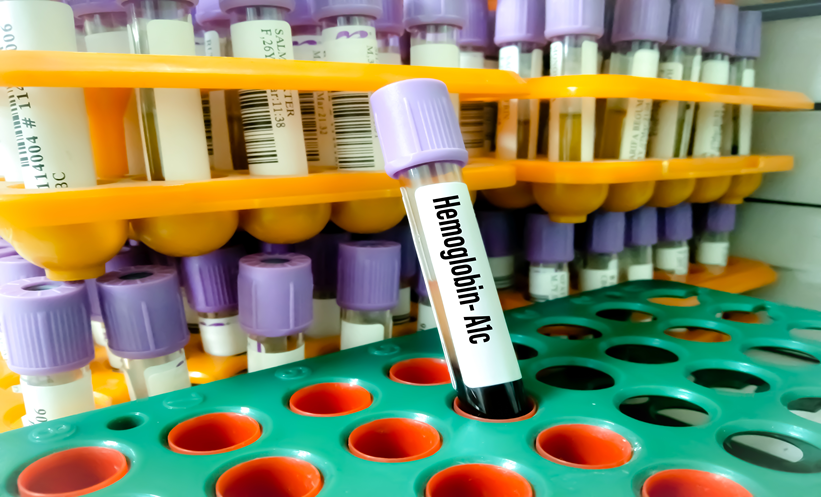A RECENT study led by Hewlett Pham from Johns Hopkins School of Medicine, Maryland, United States, and colleagues, has found that high HbA1c levels, consistent with pre-diabetes, are linked to poor asthma control in paediatric patients. The AIRWEIGHS study involved 164 children (mean age = 11±2 years; 85% African-American; 59% male; 59% with moderate-severe asthma; 4 average symptom days [standard deviation = 4.4]) with asthma, categorised into groups with either consistently high (>5.7%) or healthy (≤5.7%) HbA1c levels.
Due to unsuccessful blood draws or participant refusal, 36 children were excluded, resulting in a final cohort of 128 children. Among them, HbA1c levels ranged from 4.2-6.1%, with 28 participants in the pre-diabetic (>5.7%) group. The study found that increased HbA1c levels were consistently associated with higher Asthma Therapy Assessment Questionnaire scores, showing a beta of 0.75 (95% confidence interval [CI] 0.09-1.42; p=0.026) in continuous models and 0.9 (95% CI: 0.18-1.61; p=0.014) in dichotomous models.
Despite this correlation, Pham noted, “Contrary to past studies, we did not find significant associations between higher HbA1c levels and outcomes such as lung function, airway inflammation, or exacerbations.” While no direct link was found between elevated HbA1c levels and specific asthma outcomes, the study’s findings, supported by extensive literature, suggest that raised HbA1c levels may indicate an increased asthma risk in children. Of potential applications of this research, Phan said “Doctors can consider implementing a multi-prong approach to caring for children with asthma, such as promoting physical activity and healthy diet as lifestyle interventions,” adding that medications which target metabolic pathways may improve asthma control.
To build on these findings, Pham and colleagues currently have two further studies in progress to investigate the relationship between metabolic health and asthma in greater detail.
Reference
Pham H, et al. Association between hemoglobin A1c and asthma outcomes among children with asthma. American Journal of Respiratory and Critical Care Medicine 2024;209:A1025






